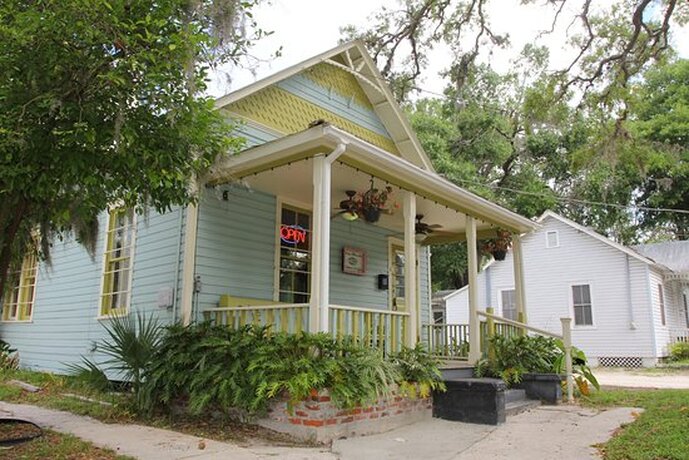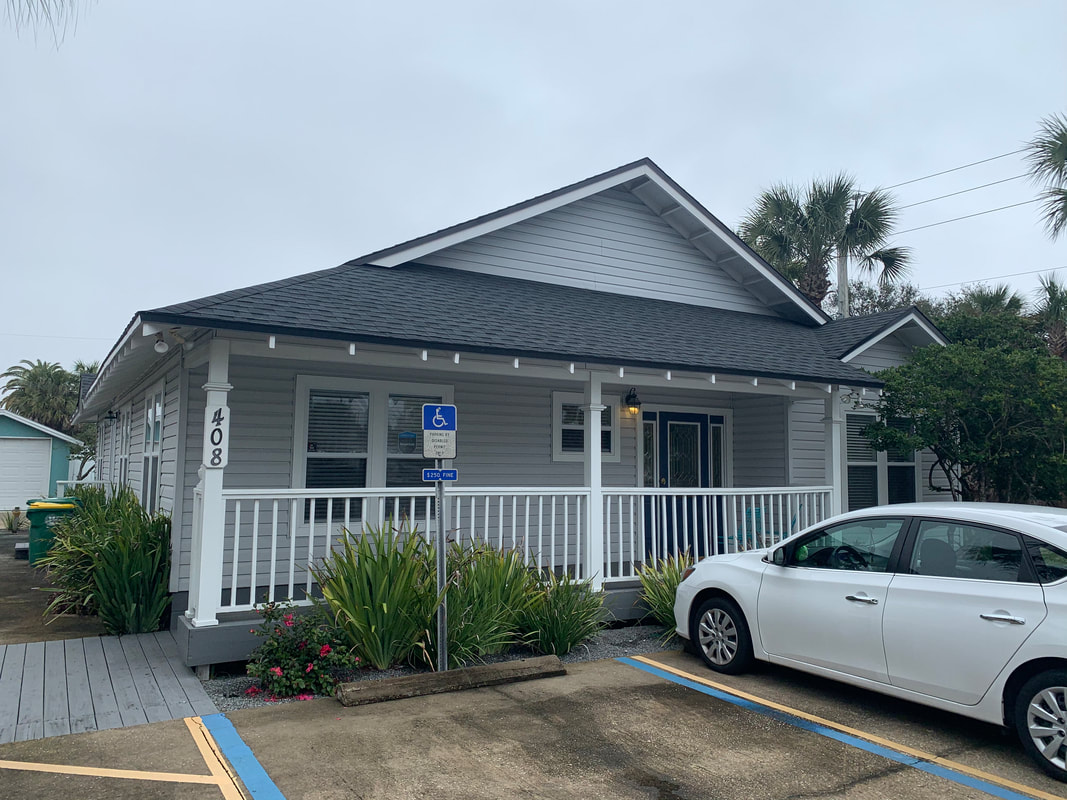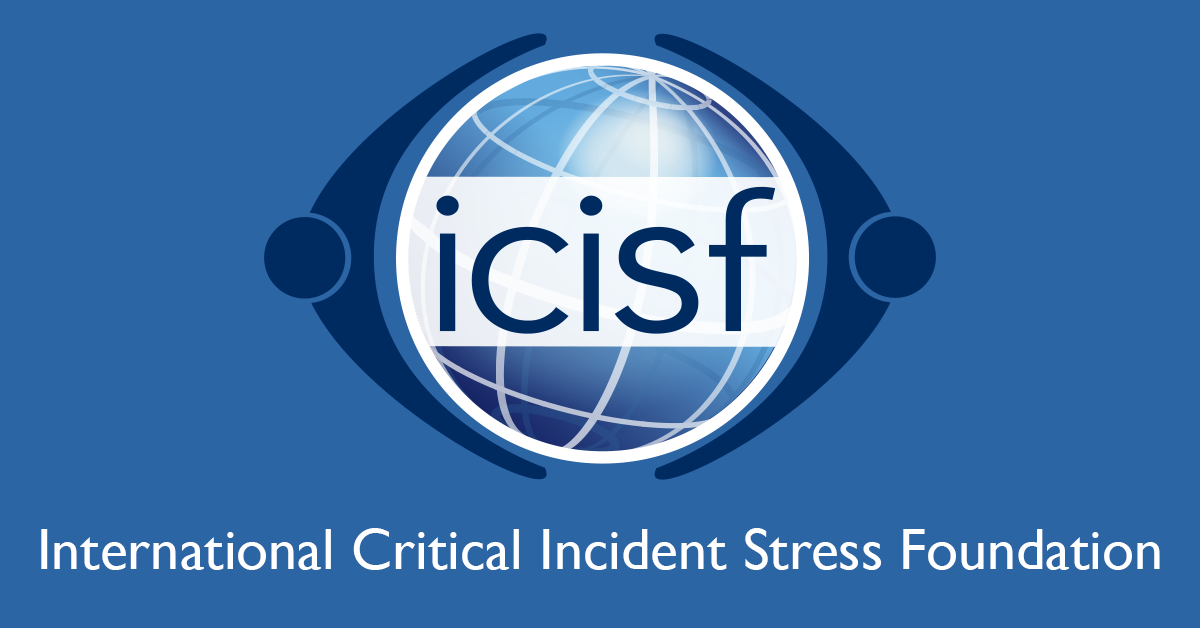|
I have been listening (and re-listening) to a fascinating podcast episode on Radiolab called “Of Bombs and Butterflies”. Maybe it will be as meaningful to you as it has been for me. This podcast episode is exposing the resilience (not the presumed fragility) of a butterfly species that was becoming extinct. Mind-blowing! It’s about fostering an environment that promotes the flourishing of the Saint Francis Satyr butterfly. But as you’ll discover, it is about way more than bombs or butterflies.
Researchers discovered that this butterfly species was going extinct so they invited experts and the sharpest minds to help rebuild a fruitful habitat for this butterfly population to recover. Their multiple failed attempts revealed that this species of butterfly actually flourishes in an environment that has been devastated and blown apart on a military bomb site. The devastation of dropped bombs on this military base actually helped create an environment that is rich in the nutrients and elements that promoted the sustainable return of this endangered species. Why is this so important to consider? Suffering can prepare the soil of the soul for flourishing. If we adopt a binary approach to the experience of suffering, that is to say, suffering is only “bad”, then we may consequentially deny the gifts of our own devastation. Avoidance of suffering will result in the neglect and endangerment of our self and soul. What are the gifts of devastation? For the Saint Francis Satyr butterfly, bombs, fire and beavers contributed in the cultivation of the perfect habitat. Trees, vines, and grasses that would normally take over that ecosystem were bombed, burned or beavered out. In the human experience, suffering does tear some things down and the breakdown of those things will feed the soil of our lives. Everyone will encounter suffering. We do not necessarily need to go hunting for it but we also do not need to become numb to its presence either. Suffering does not always insinuate catastrophic circumstances. For some, suffering can come in the form of something as common as aging. When our bodies begin to break down due to neglect or aging, we come face to face with painful realities. For others, it can be devastating to retire, even with a full 401K of retirement plan. The feeling of no longer being needed in the same way can be awfully painful. Becoming empty nesters brings with the joy and pain of recalibrating when children live outside the family home. When kids go off to college, it can feel devastating to not have your son or daughter present to you in the same way you had once enjoyed. There are also deeply catastrophic experiences that can level us. A medical diagnosis, company layoffs, death of a child, evidence of spousal infidelity, sexual trauma, exposure to war, abuse or abandonment as a child, to a house fire are just a handful of experiences that can leave us feeling bombed out and burned to the ground. Suffering is not what makes us go extinct rather it is preparing the soil for our soul’s flourishing. In this podcast episode, the ecologist makes the comment that some butterflies had to die in order for the butterfly population to recover. Read that again. Some butterflies had to die in order for the butterfly population to recover. Death and resurrection. We all love resurrection but if I’m honest, I am not a huge fan of the dying part. We are being invited to enter into the death and devastation with resurrection eyes. Jesus enters into the human experience so vulnerably. He did not avoid the descent from heaven into the most vulnerable human form, a baby. He became known as a man acquainted with sorrow. He wept, as a baby learning to emotionally attach to his young mother and as adult being ripped away from all of his earthy attachments. Jesus allows the full weight of his own devastation to hit him in the chest. In his prayer life, the night before his own death, he confesses that he “can not drink the cup.” His honesty in the anticipating his own devastation is striking. Well, he does drink the cup and he does enter into the worst of the worst. His death was absolutely devastating. Jesus enters into his own devastation and he wants join you in yours.
0 Comments
We serve a lot of couples at Elbow Tree who tell us how much they enjoy pairing their couples counseling appointments with a delicious meal right next door at The Back 40 Urban Cafe. Recently, I mentioned this to the owners of The Back 40 and their response was to create a special 20% off coupon for every Elbow Tree couple who pairs their couples counseling appointments with a meal at their establishment. Stay tuned for more details on the coupons. SUGGESTED MEAL STRATEGIES: Go Before Counseling - Some couples have shared that they enjoy grabbing a bite to eat together next door before an appointment as an opportunity to check in with each other prior to their session. These couples report how helpful it has been to have a relaxed time over a delicious meal and to walk next door having connected for a few minutes before the session. Arriving into therapy together after having had an hour beforehand make a more effective transition creates some helpful margin between the session and other stressful parts of their life. Sharing a meal, even if the time together is a quieter time at the table, can be a gateway of sharing some space together. We encourage couples not to interpret the silence as much as to honor it. Small talk is not wasted and can be reparative if there has been tension. Go After Counseling - Some couples build in time after each of their counseling sessions to walk next door and debrief the previous hour. We encourage couples to adopt a spirit of curiosity in therapy together that we hope will linger into their time at The Back 40. Other couples may elect to not carry the heavy counseling conversation into their meal together and simply focus on the opportunity to be together in a more lighthearted way. A few couples have even reported that they love to order their meals from The Back 40 to go, and then they go eat them together somewhere a little more private, like a park, their favorite beach spot or even along the bay front downtown. Regardless, counseling appointments don't have to be limited to the 50 minutes you are in session. You can be more intentional and anticipate what you may need on the front or back end. When couples carve out room before and after a session, it allows for them to more effectively prepare and recover from a session. You can also attempt both and then choose the one that is your preference. Some helpful pre-counseling mealtime questions: 1. How can I be supportive of you in our session together today? 2. What's the state of your heart as you are arriving to our time together (fearful, discouraged, despairing, delighted, pleased, hopeful)? 3. Is there anything that you wish we had discussed in our previous session that we want to be sure to touch on in our session today? Some helpful post-counseling mealtime questions: 1. How can I be supportive this next week of the things you shared today in our counseling session? 2. Is there anything that we discussed in counseling that you'd like to continue debriefing together? 3. Is there anything you wished we'd discussed in counseling that we didn't and do you want to talk about that now or in our next session? This is not an exhausting list of questions, and you may have some questions of your own that work best for you and your partner. Regardless, we are huge proponents of building in additional opportunities for helping couples take full advantage of the counseling process. Build a meal into the process can be a terrific source of help as you do this important work together and build habits of healthy connection.
|
ELBOW TREEArchives
July 2023
Categories
All
|



 RSS Feed
RSS Feed














